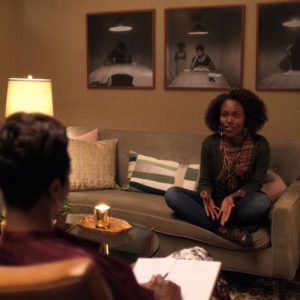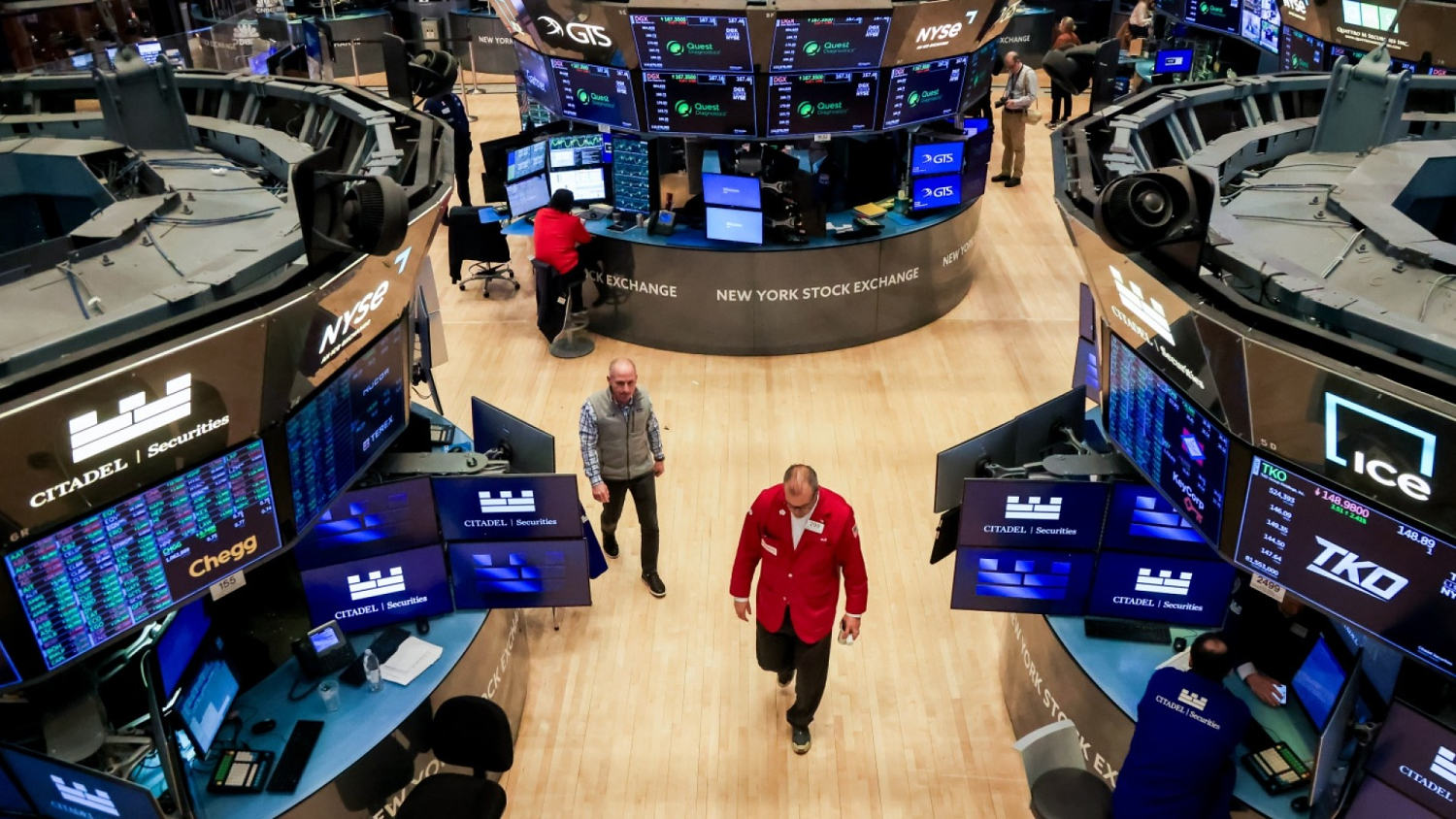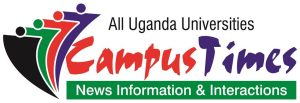
A wide range of effective treatments is available for major depressive disorder. Medication alone and brief psychotherapy (for example cognitive-behavioral therapy, interpersonal therapy) alone can relieve depressive symptoms.
There is also empirical support for the ability of brief psychotherapy (CBT) to prevent relapse.
In children and adolescents, however, pharmacotherapy by itself is insufficient treatment.
Moreover, in all patient populations, the combination of medication and psychotherapy generally provides the quickest and most sustained response
Depression is a treatable mental illness and below we discuss the three components for effective management of depression.
- Support, ranging from discussing practical solutions and contributing stresses, to educating family members.
- Psychotherapy, also known as talking therapies, such as cognitive behavioral therapy (CBT).
- Drug treatment, specifically antidepressants.
Psychotherapy
Psychological or talking therapies for depression include cognitive-behavioral therapy (CBT), interpersonal psychotherapy, and problem-solving treatment. In mild cases of depression, psychotherapies are the first option for treatment; in moderate and severe cases, they may be used alongside other treatment.
CBT and interpersonal therapy are the two main types of psychotherapy used in depression. CBT may be delivered in individual sessions with a therapist, face-to-face, in groups, or over the telephone. Some recent studies suggest that CBT may be delivered effectively through a computer.
Interpersonal therapy helps patients to identify emotional problems that affect relationships and communication, and how these, in turn, affect mood and can be changed.
Antidepressant medications
Antidepressants are drugs available on prescription from a doctor. Drugs come into use for moderate to severe depression, but are not recommended for children, and will be prescribed only with caution for adolescents.
A number of classes of medication are available in the treatment of depression:
- selective serotonin reuptake inhibitors (SSRIs)
- monoamine oxidase inhibitors (MAOIs)
- tricyclic antidepressants
- atypical antidepressants
- selective serotonin and norepinephrine reuptake inhibitors (SNRI)
ALSO READ: https://www.regain.us/advice/counseling/

Each class of antidepressant acts on a different neurotransmitter. The drugs should be continued as prescribed by the doctor, even after symptoms have improved, to prevent relapse.
A warning from the Food and Drug Administration (FDA) says that “antidepressant medications may increase suicidal thoughts or actions in some children, teenagers, and young adults within the first few months of treatment.”
Any concerns should always be raised with a doctor – including any intention to stop taking antidepressants.
Exercise and other therapies
Aerobic exercise may help against mild depression since it raises endorphin levels and stimulates the neurotransmitter norepinephrine, which is related to mood.
Brain stimulation therapies – including electroconvulsive therapy – are also used in depression. Repetitive transcranial magnetic stimulation sends magnetic pulses to the brain and may be effective in major depressive disorder.
Electroconvulsive therapy
Severe cases of depression that have not responded to drug treatment may benefit from electroconvulsive therapy (ECT); this is particularly effective for psychotic depression.
Related Posts

Technical Analysis: 4 Stocks with signs of death crossovers to keep an eye on

HDFC Bank & 3 other fundamentally strong stocks trading above 200 DMA to keep an eye on

Falling Channel Breakout: Multibagger NBFC Stock Shows Bullish Momentum on Daily Chart

4 Fundamentally strong stocks to buy for an upside potential of up to 36%; Do you hold any?





